Ruben Vardanyan, once a prominent figure in Russia’s business world, now finds himself entangled in a complex web of political turmoil and legal troubles. The saga began when he decided to move to Nagorno-Karabakh, a region with a tumultuous history marred by conflict between Armenia and Azerbaijan.
Vardanyan’s arrival in Nagorno-Karabakh coincided with escalating tensions in the region. As Azerbaijani authorities blocked the only road connecting Nagorno-Karabakh to Armenia, Vardanyan took on the role of de facto prime minister of the area known as Artsakh by Armenians. His actions drew international attention but also raised suspicions locally and internationally.
The situation reached a critical point when Azerbaijan launched a military operation, swiftly taking control of Nagorno-Karabakh and forcing thousands of ethnic Armenians to flee their homes. In the midst of chaos, Vardanyan was arrested by Azerbaijani forces while attempting to join fellow Armenians escaping to safety in Armenia.
Vardanyan’s arrest marked the beginning of a harrowing ordeal for the billionaire. He has spent much of his time in solitary confinement, enduring hunger strikes to protest what he perceives as an unjust legal process marred by allegations of torture and lack of due procedure.
Despite facing 42 charges ranging from war crimes to terrorism, Vardanyan maintains his innocence. His high-profile trial has sparked controversy, with critics denouncing it as a show trial orchestrated for political purposes. The proceedings have been shrouded in secrecy, with limited access granted only to select media outlets chosen by Azerbaijani authorities.
As Vardanyan navigates through the complexities of his legal battle, Armenia grapples with broader implications linked to his case. With discussions underway for a historic peace deal between Armenia and Azerbaijan regarding Nagorno-Karabakh, concerns loom over the fate of not just Vardanyan but also other ethnic Armenians embroiled in similar legal predicaments.
The absence of provisions addressing the issue of prisoners like Vardanyan in the proposed peace agreement has drawn criticism both domestically and internationally. While some argue that resolving political prisoner cases should be separate from peace negotiations, others stress the interconnectedness between justice for individuals like Vardanyan and lasting peace between long-standing adversaries.
Against this backdrop stands Ruben Vardanyan – a symbol not just of individual plight but also emblematic of larger geopolitical struggles and human rights challenges playing out on an international stage. As he faces his next court appearance amidst evolving peace talks and mounting pressures from various stakeholders, one thing remains clear – his journey is far from over.




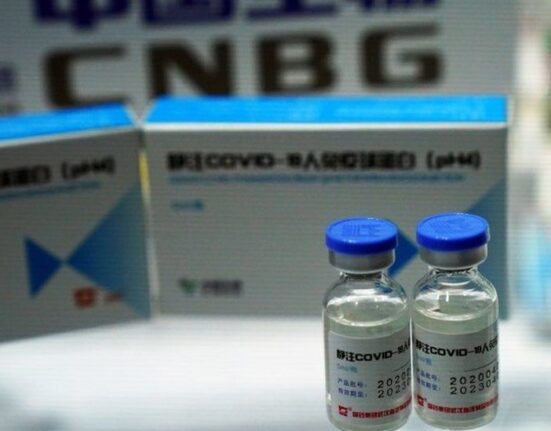
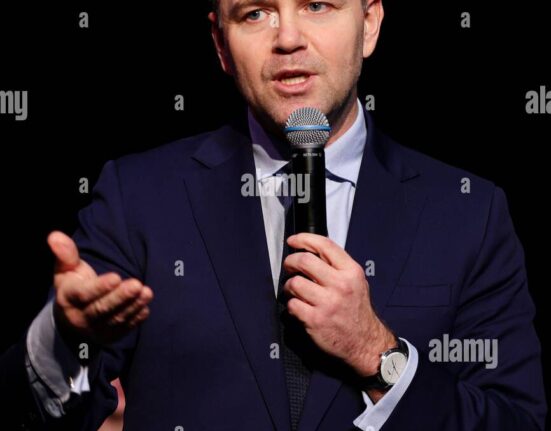
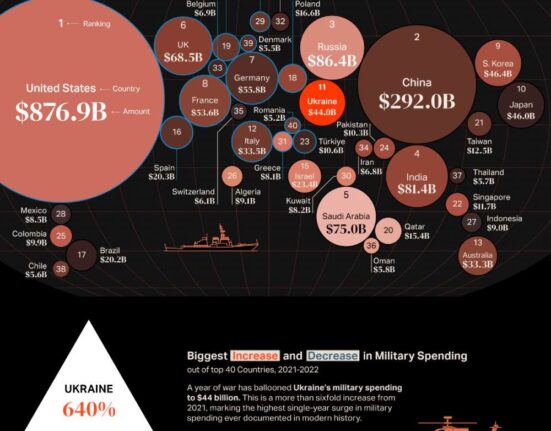
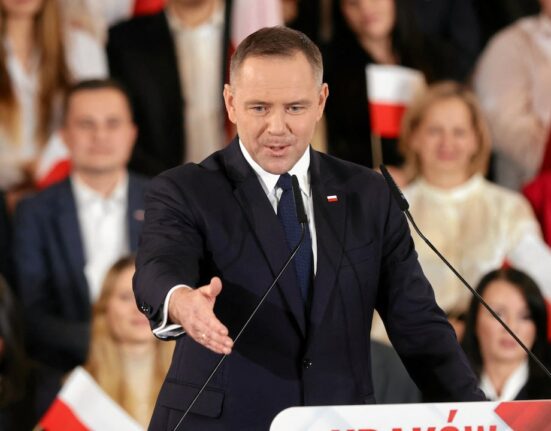
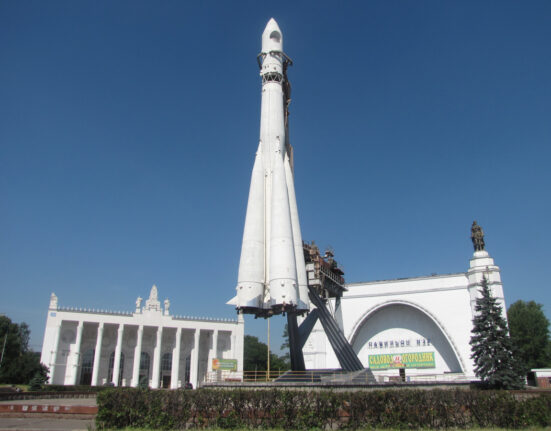
Leave feedback about this